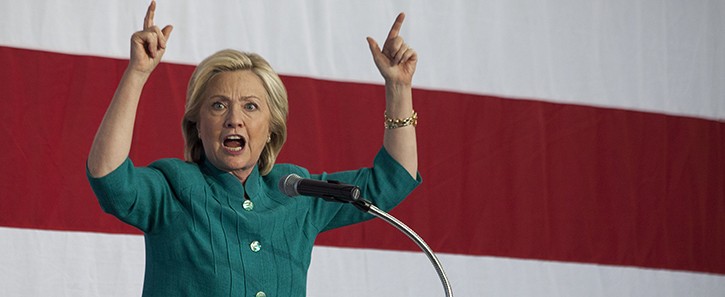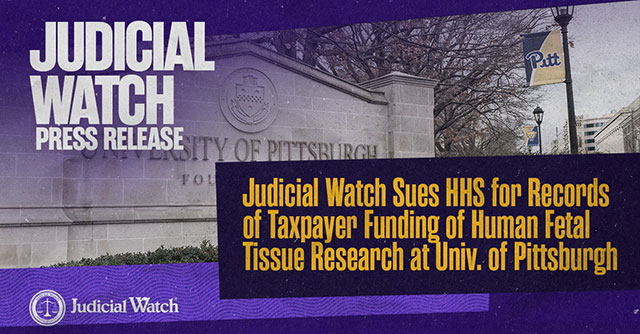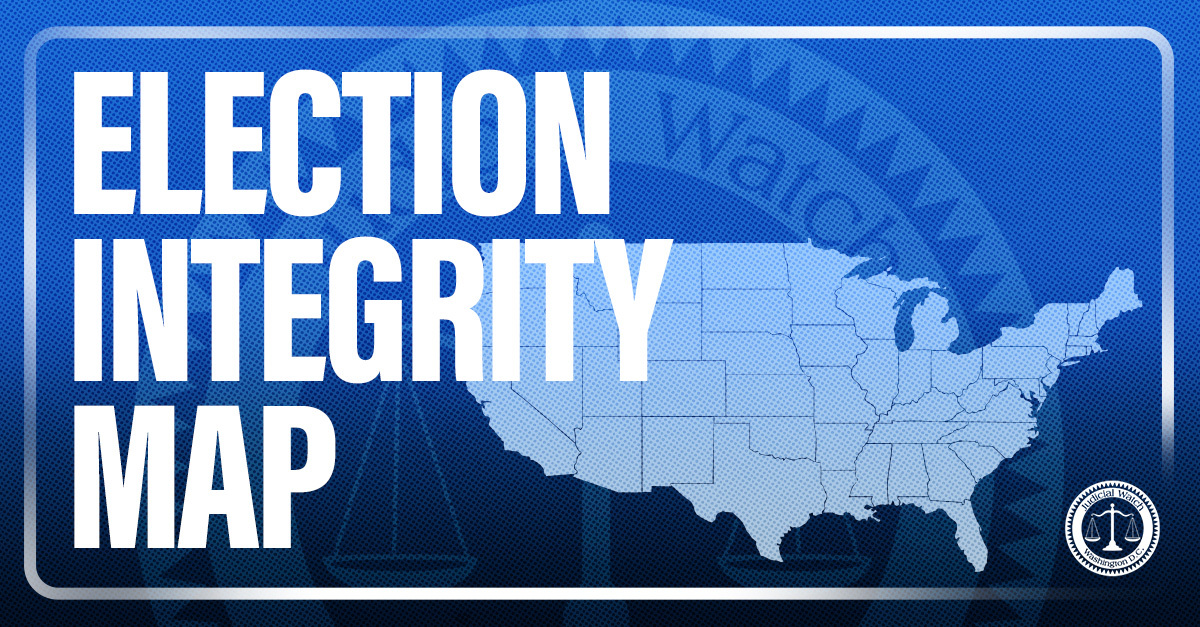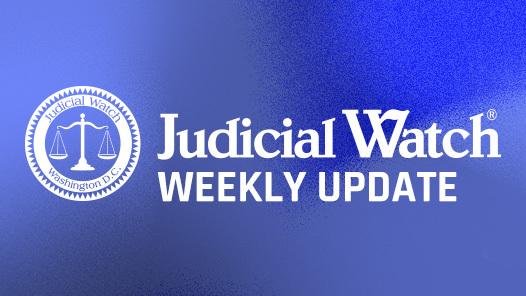
Judicial Watch Statement on Court Ruling on Clinton Email Issue

District Court Rules that State Department Must Make Public FBI Declaration on Clinton Email Retrieval Efforts
(Washington, DC) – Judicial Watch President Tom Fitton made the following statement regarding today’s ruling by United States District Judge James E. Boasberg that the Department of State must make public a FBI declaration detailing its efforts to retrieve Hillary Clinton’s government emails (Judicial Watch, Inc. v. Rex Tillerson (No. 1:15-cv-00785)):
We’re happy with the ruling but it is unbelievable we’re being opposed by Trump appointees in the State and Justice Department’s on the Clinton email issue. President Trump ought to be outraged his appointees are protecting Hillary Clinton. The State Department should initiate action with the Justice Department – and both agencies should finally take the necessary steps to recover all the government emails Hillary Clinton unlawfully removed.
In May 2015, Judicial Watch sued former Secretary John Kerry after the State Department failed to take action on a letter sent to Kerry “notifying him of the unlawful removal of the Clinton emails and requesting that he initiate enforcement action pursuant to the [Federal Records Act],” including working through the Attorney General to recover the emails. After initially being dismissed by the district court, Judicial Watch’s lawsuit was revived on appeal by the U.S. Court of Appeals for the District of Columbia Circuit on December 27, 2016. The Federal Records Act states that an agency head “shall” initiate an action through the Attorney General when he becomes aware of any unlawful removal of agency records.
While at the State Department, Clinton conducted official government business using an unsecure email server and email accounts. Her top aides and advisors also used non-“state.gov” email accounts to conduct official business. Clinton left office February 1, 2013.
The Trump administration in defending its handling of the email matter by the Obama administration filed two declarations from the FBI trying to justify the State Department’s refusal to follow the law and refer to the Clinton email issue to the Justice Department. As the decision notes, the second FBI declaration is non-public and was filed in camera and ex parte with the court. Judge Boasburg today rejected the State Department’s arguments that the FBI declaration be withheld to protect grand jury secrecy:
After reviewing the document in camera, the Court concludes it largely rehashes information already made public, thus obviating any need for secrecy.
###

















